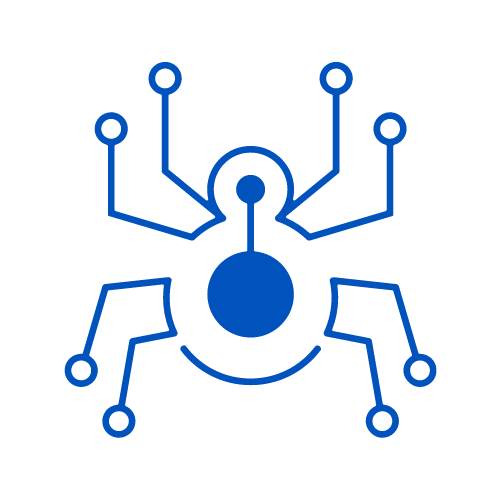Cybersecurity Clubs and Extracurricular Activities: Fostering a Community of Young Enthusiasts

Summary: This article will explore the benefits of joining or creating cybersecurity clubs and participating in extracurricular activities related to information security. It will offer advice on how to start a club, organize events, and engage with other students who share similar interests, while also highlighting the positive impact these experiences can have on personal growth and career development.
Introduction
Cybersecurity clubs and extracurricular activities offer young enthusiasts the opportunity to explore their interests, develop skills, and connect with like-minded peers. These communities provide a supportive environment for students to learn about the field, collaborate on projects, and participate in cybersecurity events. This article will discuss the benefits of joining cybersecurity clubs, explore various types of extracurricular activities, and provide tips for starting a cybersecurity club at your school.
Benefits of Joining Cybersecurity Clubs
- Skill development: Cybersecurity clubs provide opportunities for students to learn and practice various cybersecurity concepts and techniques, helping them build a strong foundation in the field.
- Networking: Clubs offer students the chance to connect with peers who share their interests, as well as with industry professionals and mentors who can offer guidance and support.
- Exposure to career opportunities: Participating in cybersecurity clubs can help students explore potential career paths, learn about job requirements, and discover internship and job opportunities.
- Collaboration and teamwork: Clubs often involve group projects and activities, fostering teamwork, communication, and problem-solving skills.
- Engagement and motivation: Being part of a community of like-minded individuals can boost students' motivation and enthusiasm to pursue a cybersecurity career.
Types of Cybersecurity Extracurricular Activities
- Cybersecurity clubs: These clubs are dedicated to exploring various aspects of cybersecurity, including network security, ethical hacking, digital forensics, and cryptography.
- Capture the Flag (CTF) competitions: Students can form teams to participate in CTF competitions, which involve solving cybersecurity challenges to find hidden flags and gain points.
- Cyber defense competitions: In these events, teams are tasked with defending a simulated network or system from cyber attacks.
- Workshops and seminars: Students can attend workshops and seminars on cybersecurity topics, often featuring guest speakers and industry professionals.
- Hackathons: In hackathons, students collaborate in teams to develop innovative solutions to cybersecurity problems, often within a limited time frame.
- Online courses and certifications: Students can pursue online courses and industry-recognized certifications to enhance their knowledge and skills in cybersecurity.
Starting a Cybersecurity Club at Your School
- Gauge interest: Speak with classmates and teachers to determine if there is sufficient interest in starting a cybersecurity club at your school.
- Find a faculty advisor: Identify a teacher or staff member who is knowledgeable about cybersecurity and willing to serve as the club's faculty advisor.
- Develop a mission statement: Craft a clear mission statement that outlines the club's goals and objectives.
- Plan activities and meetings: Develop a schedule of regular meetings and plan engaging activities, such as guest speakers, workshops, and group projects.
- Recruit members: Advertise the club through posters, social media, and school announcements to attract interested students.
- Register the club with your school: Follow your school's procedures for registering a new club, ensuring that it meets all necessary requirements.
- Collaborate with other clubs and organizations: Reach out to other clubs and organizations in your school or community, such as computer science or engineering clubs, to collaborate on joint projects and events.
Conclusion
Cybersecurity clubs and extracurricular activities provide young enthusiasts with valuable opportunities to develop skills, network with peers, and explore career paths in the field. By participating in these communities, students can foster a passion for cybersecurity and lay the groundwork for a successful career in this rapidly growing industry.





